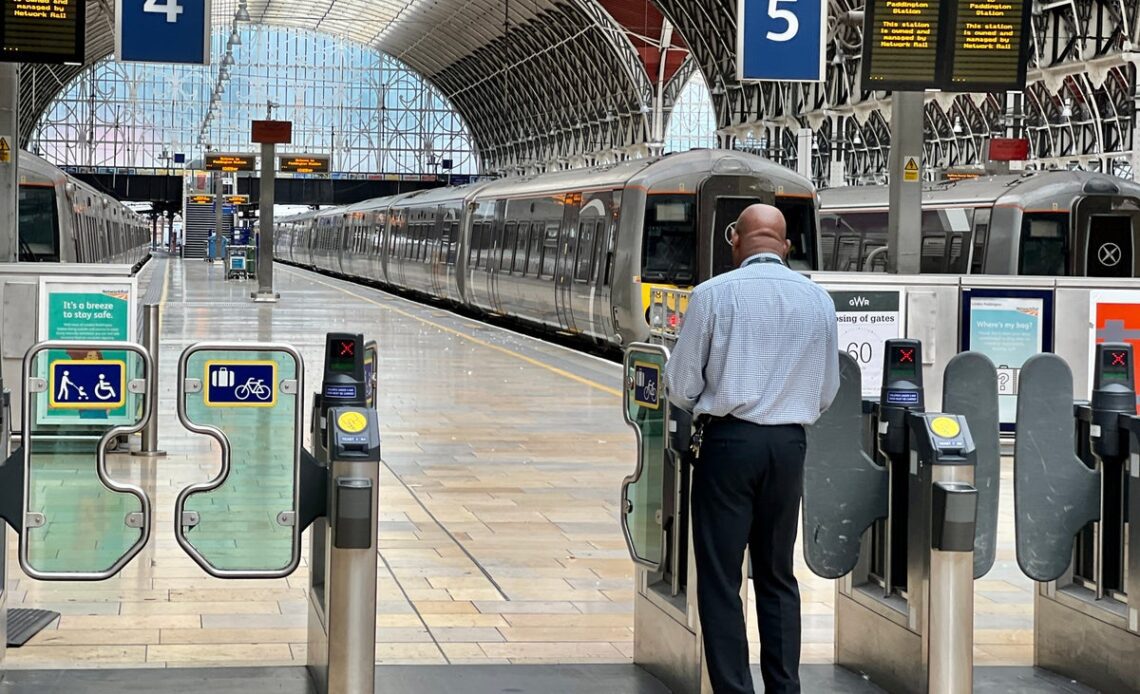Simon Calder, also known as The Man Who Pays His Way, has been writing about travel for The Independent since 1994. In his weekly opinion column, he explores a key travel issue – and what it means for you.
As you know, this is the worst summer for rail disruption since the 1980s. I am writing aboard the 1.30pm from Bristol Temple Meads to London Paddington on Saturday 30 July. This is the only intercity route on the Great Western Railway (GWR) network with actual trains running.
I had hoped to be aboard the departure an hour ago, but it was cancelled. A driver-manager is at the helm of this one.
The very helpful guard has warned passengers that the last train back from Paddington to the west of England is at 7.30pm. At least GWR is doing better than Southeastern, one of six other train operators whose drivers are on strike on 30 July. London Charing Cross, the central hub for services to Kent, is all locked up because no trains are running.
August is awash with strikes. On Saturday 13 August, around 7,000 train drivers who belong to the Aslef union and work for nine train operators will walk out, with Avanti West Coast and CrossCountry brought into the industrial action.
The fifth and sixth days of national rail strikes by members of the RMT will bring much of the network to a halt on 18 and 20 August with a bonus London Underground stoppage sandwiched between them on 19 August.
The taxpayer is currently bankrolling the railways like never before: the Rail Delivery Group, representing train operators, estimates rail revenue has fallen by 20 per cent (roughly £2bn per year) since the coronavirus pandemic.
There are three ways to cut the eyewatering subsidy to those of us who remain rail loyalists:
- cut back on services
- entice more passengers on board trains
- extract more productivity from staff and working practices
Let’s look at each of those options. The unions are betting that, as the Treasury’s limitless credit card preserved every job on the railways during the Covid pandemic, financial support for running the present level of trains will continue.
I fear they are sadly mistaken. The next occupant of Downing Street will make swingeing reductions in public expenditure, and the railways comprise an obvious target. Some of the cuts will be on investment for the future (with passenger numbers down, these are easy to justify), others by reducing the number of train services running.
The only way to avoid those cuts: raise passenger revenue or lower the costs of…
Click Here to Read the Full Original Article at The Independent Travel…
